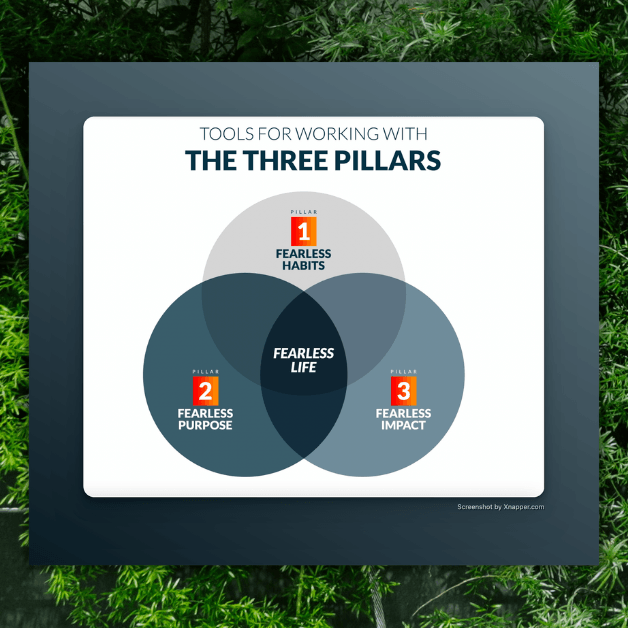Feeling Tired, Lazy, Stressed, Overwhelmed
Post written by Leo Babauta.
All the habit strategies in the world will not work if you’re too tired, stressed out, or overwhelmed by all the work and information that’s coming at you.
When your stress levels are high or energy levels are very low, it’s hard to maintain any kind of discipline. You just want to be lazy.
Fortunately, there are ways to overcome this.
1. The first step is to be aware of the problem. Take a moment to assess your level of exhaustion and stress. If you think this is the reason you’re putting off the habit, then there are ways to deal with it.
2. If you’re tired, can you get more rest? This is the best way to deal with exhaustion. Many people simply don’t get enough sleep. They’re running on high octane all day, then stay up late and don’t have enough rest before starting another high-energy day. You can do this for a little while, but eventually the lack of rest will affect you — you’ll start dragging, feeling lazy and burnt out, and want to procrastinate. You might even get sick. The best thing is to get more sleep at night, but a good nap also helps a lot. Even just 30 minutes. An hour is better, if possible.
3. Take a break. Get away from the computer, and take a walk. This is the best way to deal with stress — find ways to de-stress. Stretch. Move around. Massage your neck and shoulders. Get some fresh air. Talk to someone in real life. Take a hot bath or shower if that’s available.
4. Exercise daily. I’ve found exercise to be one of the best ways to reduce stress. A good fast walk, an honest run, some strength exercises, a swim or bike, playing a sport. Not only does exercise reduce stress, but it helps you to sleep better at night. While I say exercise daily, really it’s best to have at least 1-2 rest days a week, not including a bit of walking.
5. Get the overwhelm under control. Sometimes you’re stressed or overwhelmed because there’s too much going on in your life, or too much information coming in. There are ways to deal with this. First, make a list of all you have going on right now. Now see if you can put a hold or delete a few of them — simply send an email or make a call and tell people you can’t work on this right now. Make a short list of 3-5 tasks you can actually work on today, and focus on the first item only.
6. If you have information overload, see if you can reduce or eliminate some of the information coming in. Unsubscribe from things in email, RSS, Twitter, Facebook. Limit your time in these communication mediums to certain periods a day, so you can disconnect and focus.
7. Breathe. Literally, breathe. Focus on your breath as it comes into your body, and then goes out. Relax your jaw. Smile. Slow down for a minute. Return your mind to your breath. Let your tensions go out with your breath. Remind yourself that all that you have going on … doesn’t matter that much. At the end of the day, life will go on. This breathing exercise is available to you at any time of day.
8. Make your task your meditation. Just as the breathing exercise can help calm you down and return you to the present moment, so can working on a task. Close all programs and devices and notifications not necessary for working on your task, and be mindful as you work on the task. Notice your thoughts, breath, fingers tapping away, body as it becomes stressed or relaxed. This is a form of meditation, and you can do it for each task.
